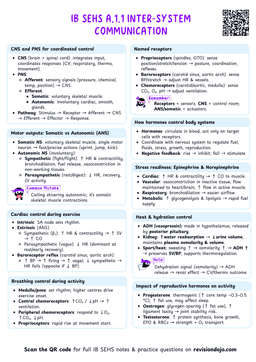Issues in Measuring Personality in Sports
Reliability and Validity Concerns
Reliability Issues
- Test-Retest Reliability
- Personality tests may yield different results when taken at different times
- Athletes' responses can be influenced by recent performances or mood states
- Environmental factors during testing can affect responses
- Internal Consistency
- Questions measuring the same trait might produce inconsistent responses
- Athletes might interpret questions differently based on their sporting context
Many practitioners make the mistake of assuming personality test results are fixed and unchangeable, when they can actually vary significantly over time and context.
Validity Challenges
- Social Desirability Bias
- Athletes may answer questions based on what they think is "correct" rather than truthfully
- Desire to appear more mentally tough or competitive than they actually are
An athlete might rate themselves as highly confident in all situations when completing a personality inventory, even though they experience significant pre-competition anxiety, because they believe that's what a "good athlete" should say.
Methodological Issues
Questionnaire Design
- Limited response options may not capture the complexity of personality
- Questions may be too general and not sport-specific enough
- Cultural and linguistic barriers can affect interpretation
When administering personality tests, provide clear instructions and ensure athletes understand that there are no "right" or "wrong" answers.
Contextual Factors
- Situational Specificity
- Personality traits may manifest differently in different sporting contexts
- Training vs. competition behavior can vary significantly
- Environmental Influences
- Testing conditions can affect responses
- Time pressure or distractions may impact accuracy
Personality assessments should ideally be conducted in controlled environments and at neutral times (not immediately before or after competition).
Practical Limitations
Time and Resource Constraints
- Comprehensive personality assessments can be time-consuming
- Professional interpretation may be costly
- Regular retesting may be necessary but impractical
Application Challenges
- Difficulty in translating test results into practical interventions
- Risk of labeling or stereotyping athletes based on results
- Challenge of maintaining confidentiality in team settings
Consider using multiple assessment methods and collecting data over time rather than relying on a single personality test.
Ethical Considerations
Privacy and Consent
- Athletes may feel pressured to participate
- Results could affect team selection or playing time
- Concerns about data protection and sharing
Interpretation and Use
- Risk of misuse by unqualified practitioners
- Potential for discrimination based on personality profiles
- Challenge of providing appropriate feedback
A common error is using personality test results to make major decisions about athlete selection or role assignment without considering other factors.


